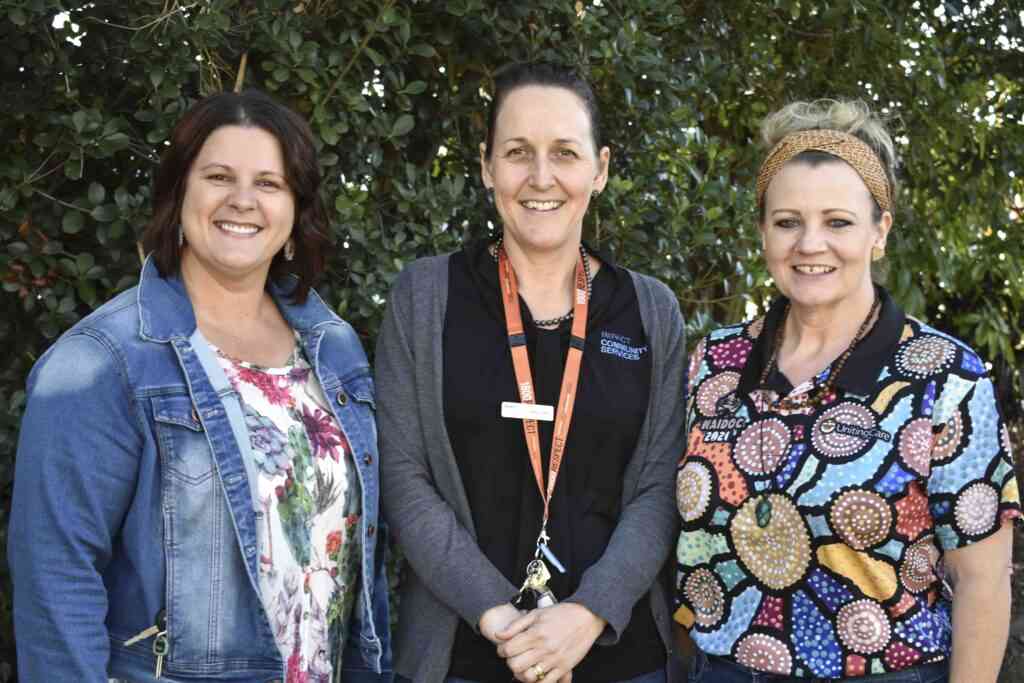- Home
- Stronger Together
- Support & Wellbeing
- Disability & NDIS
- Mental Health
- Families & Parenting
- Support for Individuals
- Community Health
- Employment & Training
- About Us
- About us
- Get Involved
- Governance
- Social Enterprises

Karen was raised in an environment of domestic violence as a child and found herself involved in a violent relationship later in life.
She has been out of that relationship for over five years now but remembers the horrific situation all too well.
“Most women don’t ask for help because they’re too traumatised and can’t make a clear decision,” Karen said.
“Asking for help is usually the last thing they do.
“Other people taking notice and making that step for them seems to be the only way out.”
Griffith University’s MATE Program, an acronym for Motivating Action Through Empowerment, seeks to educate everyday community members to become leaders in the prevention of violence and conflict.
Partnered with IMPACT Community Services, Uniting Care & Family Relationship Centre and the Family Law Pathways Network, Griffith will host a “Train the Trainer” event where 30 Bundaberg locals will be taught how to educate others on this principle.
The project aims to teach bystanders how to safely step in and address problematic behaviour as it happens.
IMPACT is holding an information session on Tuesday 18 May from 10am to 12pm for people who are interested in getting involved.
“I’d like to see more people educated about domestic violence,” Karen said.
“It’s hard to get people to fathom that women can’t just leave.
“You’re in fear of your life, of your kids’ lives if you have children… you know they’re going to harass you and hunt you down and contact all your friends and family, if they haven’t already isolated their victim.
“I got beat up for 5 hours in a unit block and not one person called the police. He got away with everything and he almost killed me.
“I’m over people turning a blind eye to domestic violence… there needs to be community involvement on a broad scale.”
Karen has also watched her daughter struggle through a violent relationship, and she wants the cycle to stop.
“Domestic violence is a reality in Bundaberg, it’s not just a number on a piece of paper,” she said.
“There are a lot of broken families, broken kids and broken mums.
“There are a lot of vulnerable women out there and the kids that are involved in domestic violence, the impact on them is extreme trauma.”
Locals who become involved in the MATE training will enter a three-day course and learn about gender stereotypes and how they impact our community, the role of the bystander and what safe interjection looks like, and methods to prevent conflict and violence.
Karen said while the MATE bystander approach would be great in the first instance, more follow up needs to be established.
“More training, more accommodation, more emergency housing, and around the clock support is needed,” she said.
Karen suggested a form of childcare would benefit parents fleeing domestic violence.
“They don’t get a chance to feel normal, to look for a job, they need support all the way through.”
For more information phone IMPACT on 4153 4233 or email mclarke@impact.org.au. To learn more about the MATE Bystander Program go to https://matebystander.edu.au/.